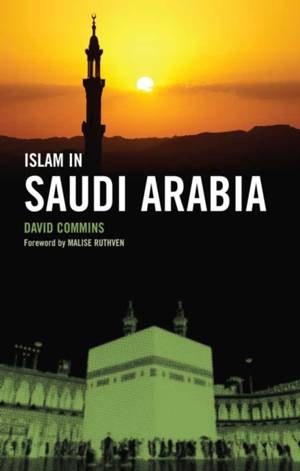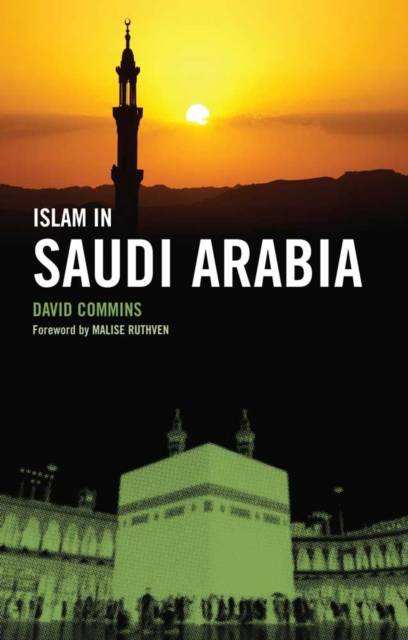
- Retrait gratuit dans votre magasin Club
- 7.000.000 titres dans notre catalogue
- Payer en toute sécurité
- Toujours un magasin près de chez vous
- Retrait gratuit dans votre magasin Club
- 7.000.0000 titres dans notre catalogue
- Payer en toute sécurité
- Toujours un magasin près de chez vous
Description
"Royal power, oil, and puritanical Islam are primary elements in Saudi Arabia's rise to global influence. Oil is the reason for Western interest in the kingdom and the foundation for commercial, diplomatic, and strategic relations. Were it not for oil, the government of Saudi Arabia would lack the resources to construct a modern economy and infrastructure, and to thrust the kingdom into regional prominence. Were it not for oil, Saudi Arabia would not be able to fund institutions that spread its religious doctrine to Muslim and non-Muslim countries. That doctrine, commonly known as Wahhabism, is a puritanical form of Islam that is distinctive in a number of ways, most visibly for how it makes public observance of religious norms a matter of government enforcement rather than individual disposition and social conformity, as it is in other Muslim countries."--from the IntroductionSaudi Arabia is often portrayed as a country where religious rules dictate every detail of daily life: where women may not drive; where unrelated men and women may not interact; where women veil their faces; and where banks, restaurants, and cafés have dual facilities: one for families, another for men. Yet everyday life in the kingdom does not entirely conform to dogma. David Commins challenges the stereotype of Saudi Arabia as a country immune to change by highlighting the ways that urbanization, education, consumerism, global communications, and technological innovation have exerted pressure against rules issued by the religious establishment.Commins places the Wahhabi movement in the wider context of Islamic history, showing how state-appointed clerics built on dynastic backing to fashion a model society of Sharia observance and moral virtue. Beneath a surface appearance of obedience to Islamic authority, however, he detects reflections of Arabia's heritage of diversity (where Shi'ite and Sufi tendencies predating the Saudi era survive in the face of discrimination) and the effects of its exposure to Western mores.
Spécifications
Parties prenantes
- Auteur(s) :
- Editeur:
Contenu
- Nombre de pages :
- 224
- Langue:
- Anglais
Caractéristiques
- EAN:
- 9780801454110
- Date de parution :
- 01-05-15
- Format:
- Livre relié
- Format numérique:
- Genaaid
- Dimensions :
- 160 mm x 229 mm
- Poids :
- 680 g

Les avis
Nous publions uniquement les avis qui respectent les conditions requises. Consultez nos conditions pour les avis.






